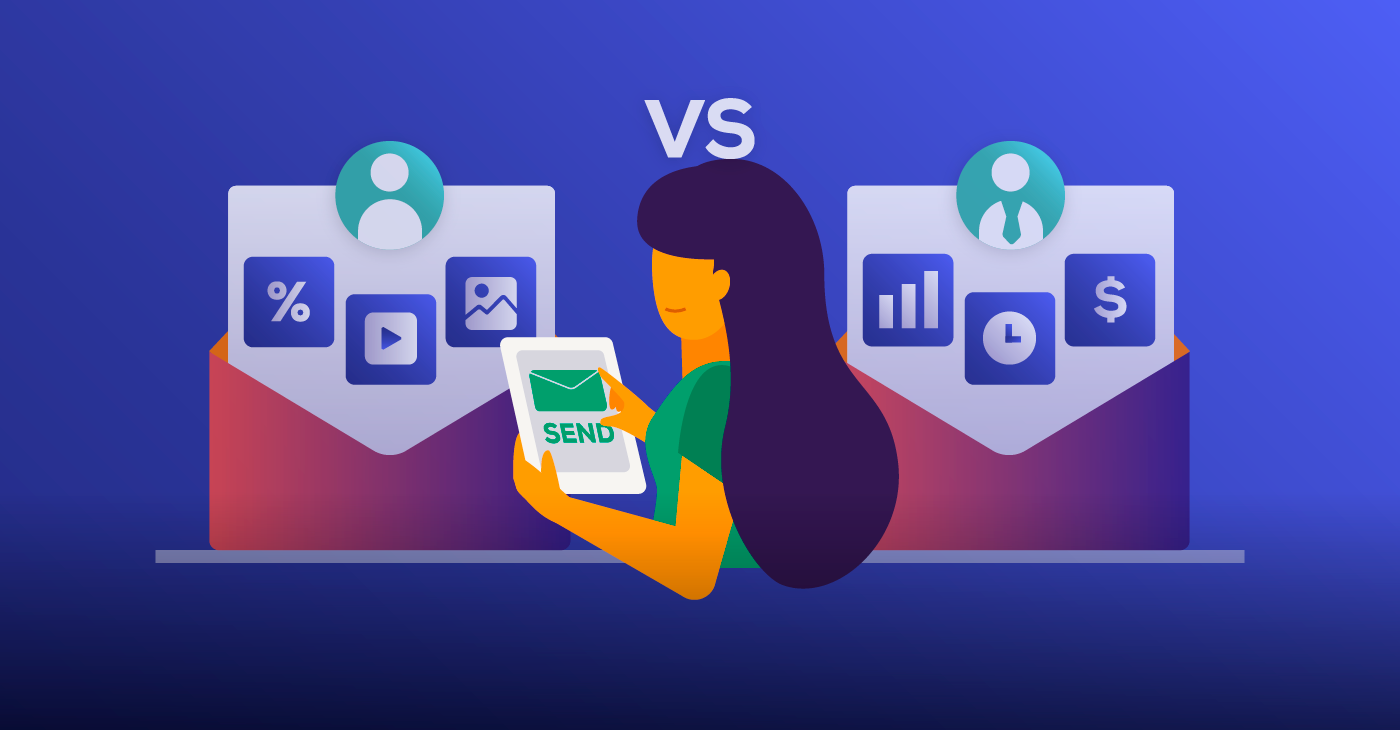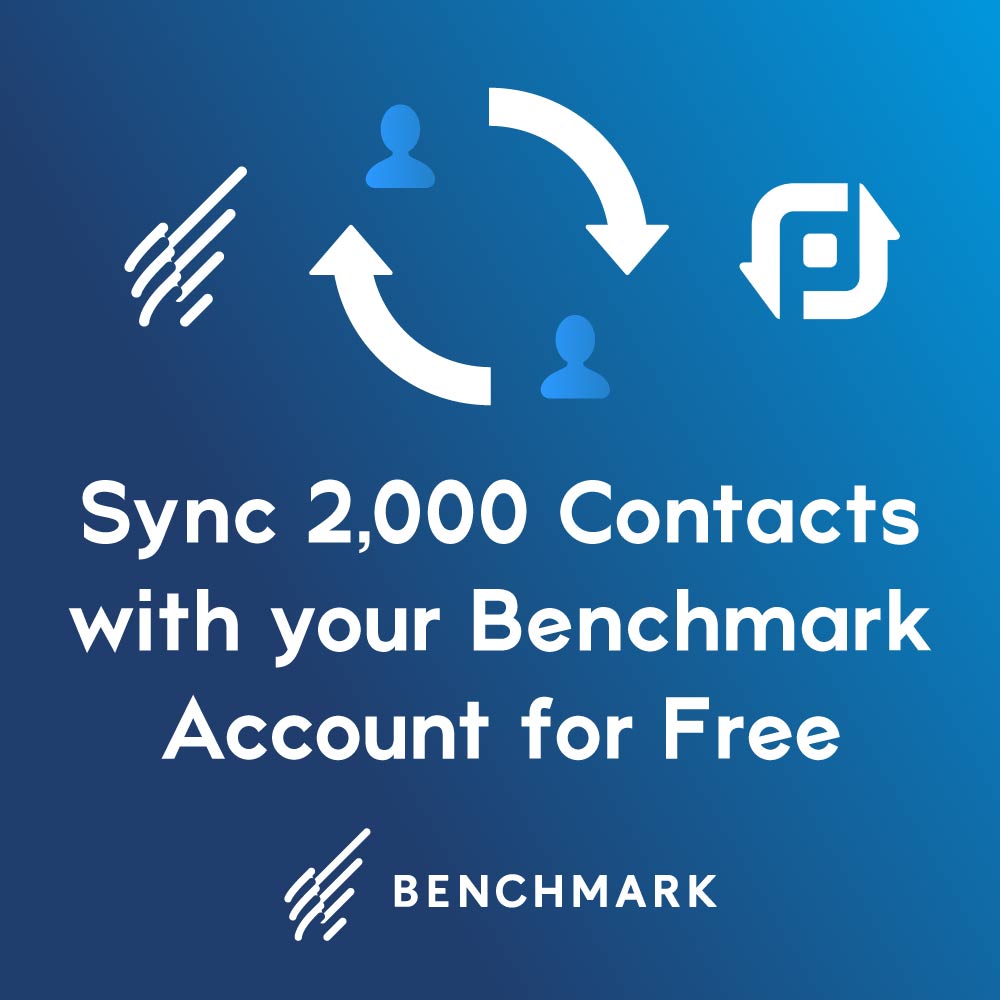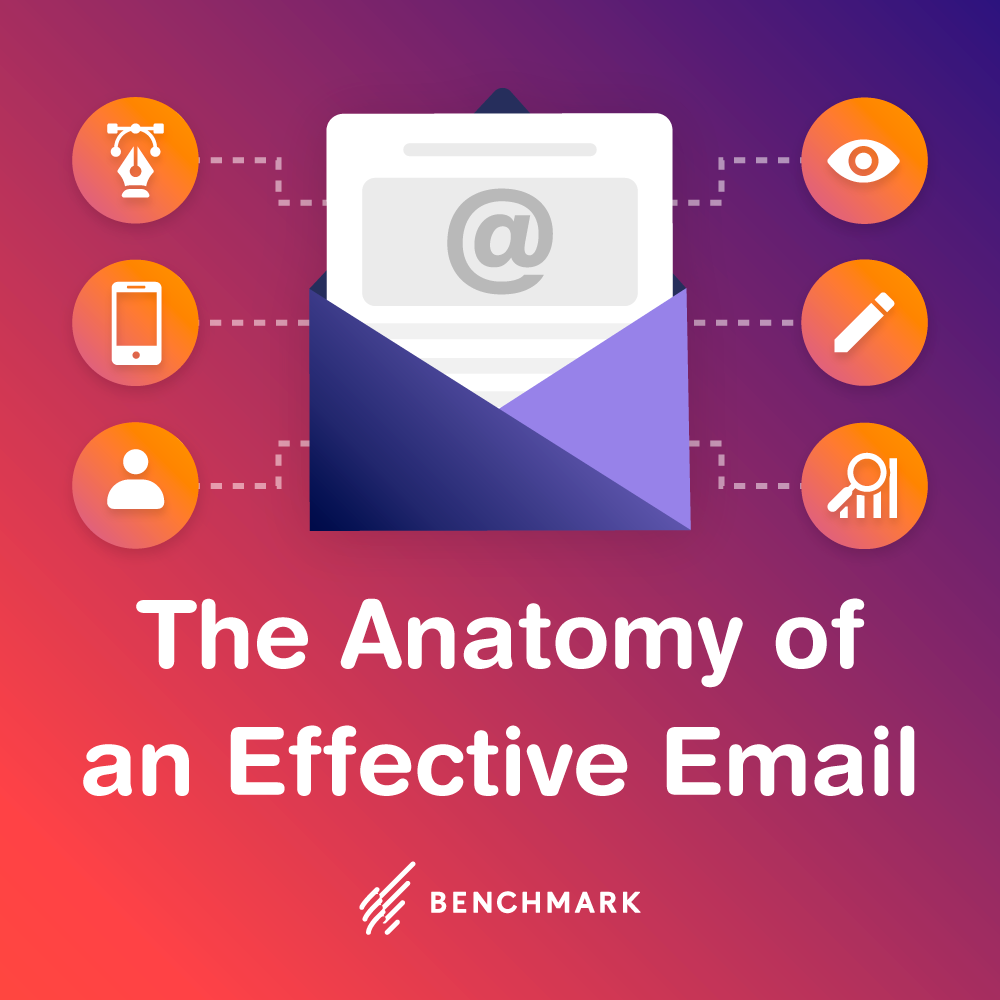The other day I took a box full of assorted business cards numbering close to several hundred and tossed them all in the bin. I (like many others) don’t have the space for heaping stacks of little cards. And I can’t remember the last time I actually referenced a business card when needing to contact a business owner.
If I need to contact someone, I’ve either already connected with them on social media or I’ll simply Google them – and the culturally clued in business owner knows this. In a digital era where social media, email, Google searches dominate, it should come as no surprise that the way we search for information has fundamentally shifted. Digital business cards and marketing materials are by far more important than the printed marketing materials (for which I highly recommend Next Day Flyers for both quality and cost).
Fool-Proof Digital Business Card Solutions
Twitter: There are a few really simple ways you can quickly and easily set yourself up with a digital business card. The most popular method for displaying a digital business card is via Twitter, custom designing your background to host a Twitter business card. This strategy works great for businesses as well as for personal accounts, allowing you to really emphasize your brand. And even though Twitter is capped at 140 characters, the level of creativity you can display here can speak volumes about your business capability – so take advantage of it!
WordPress: More than just a blogging platform, WordPress themes really keep users in mind. From Twitter- to Tumblr-inspired themes, WordPress is also a great option for creating your digital business card. There are some great free and premium WordPress business card themes for those of you who want a simple landing page for your online presence.
Top Digital Business Card Apps
Cardcloud: Cardcloud keeps it simple by letting you access a person’s full details simply via their email address. Plug in the email and Cardcloud connects you with their name, email, websites and social networking profiles. They even allow users to write messages directly on a digital card.
DubMeNow: Starting out as a quick way to exchange contact info via phone, DubMeNow (aka Dub) has branched out to become a far more intricate network going beyond just a person to person connector. It now also allows association members, event attendees and students to get the info they need for the latest events, updates or assignments. The platform has really taken off in the tradeshow industry where attendees can directly request exhibitor info from their phone. With such diversity it’s no wonder Dub raised $2.8 million in funding last year.
BusinessCard2: Perhaps ideally suited for the executive type, BusinessCard2 offers a free online profile that lets you go beyond just listing your stats. The app allows you to divide your info in a way that encourages leads and business development. You can even use the app for file-sharing purposes. My favorite feature is their industry directory, which puts a wealth of contacts at your fingertips. BusinessCard2 also offers a more interactive digital business card for a fee.
iPhone: Between Bump, BeamMe and SnapDat, iPhone users get their choice of digital card exchanges.
Retaggr: It can be tough listing all your social media and online identities, which is why Retaggr came up with a solution allowing you to host all your online identities in one place. The great thing about Retaggr is that it allows you to tote your digital card to your blog, website and social media platforms and it allows you to use your card when you comment on other blogs or implement an email signature.
My advice is to definitely tweak your Twitter account. From there I’d explore the various options available and see where most of your core customer group is most likely to reside.




